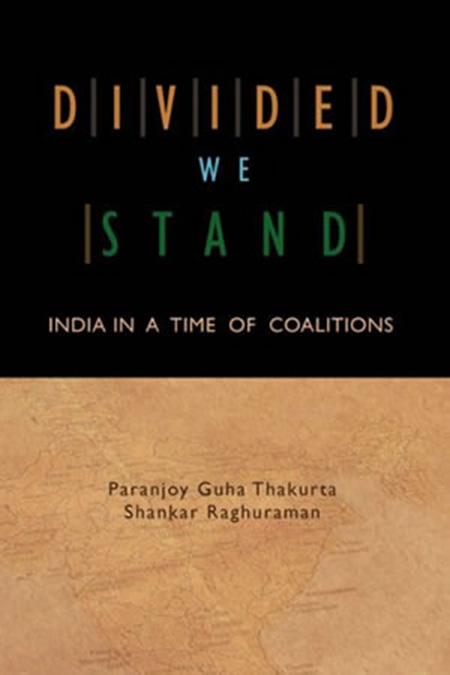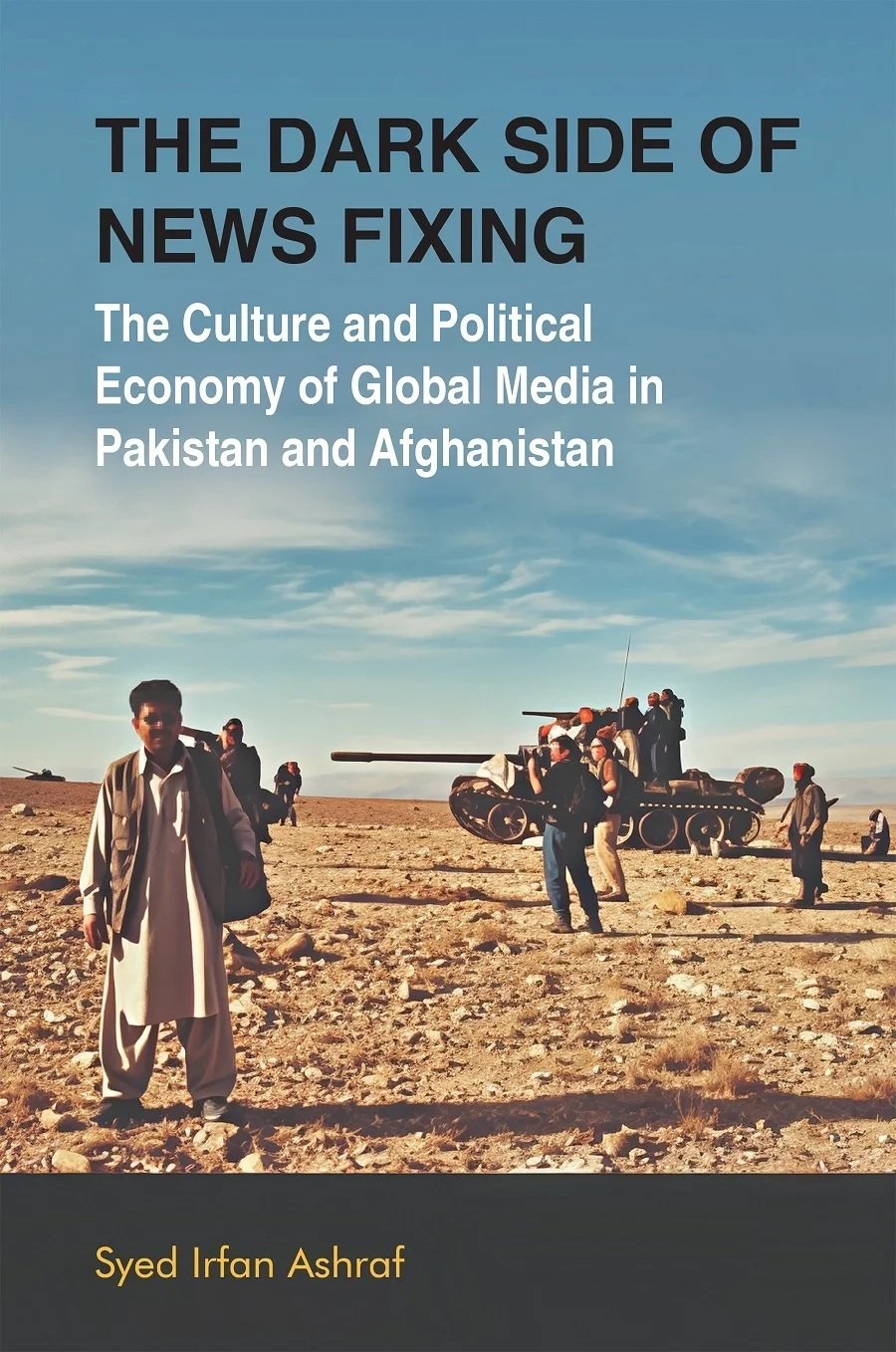A committee of secretaries to the Government of India headed by Cabinet Secretary T R Prasad has sent a proposal for privatisation of Hindustan Organic Chemicals Limited to the department of expenditure in the ministry of finance.
Behind this apparently innocuous decision lies a curious tale of politicking and lobbying, of twists and turns that have plagued - and continue to plague - the government's programme of privatising public sector undertakings like HOCL.
One section of the bureaucracy has interpreted this decision to mean a 'slap in the face' of the ministry of divestment headed by journalist-turned-Union Minister for Divestment Arun Shourie and the ministry's secretary Pradip Baijal.
When contacted by this columnist, Baijal sought to downplay the significance of the decision of the committee of secretaries to refer the privatisation proposal of HOCL, a 'mini-ratna,' to the finance ministry and described the move as a 'routine' matter.
Before the facts of the case are delineated, here is some background information about HOCL and what is prompting a section of the government to privatise it after pumping in a large amount of public money in the form of a 'lollipop.'
HOCL was set up in 1960 as a public sector unit to manufacture chemicals that were being imported at that time. The company's first plant, set up at Rasayani near Mumbai, started production in 1970. This plant manufactures aniline, nitroproducts, formaldehyde and acetanilide.
HOCL's second plant was set up in 1988 at Kochi (formerly Cochin), Kerala, to manufacture phenol, acetone and hydrogen peroxide.
Later, a subsidiary called Hindustan Flurocarbon Ltd was set up to produce teflon - this company is sick and has been referred to the Board for Industrial and Financial Reconstruction. An overseas joint venture partner has been identified to revive this subsidiary of HOCL.
Over the last ten years, barring one year, that is, 2001-02, the profits of the Kochi division of HOCL have compensated for the losses incurred by the Rasayani division.
The PSU had been established during the days of the licence-control regime when its products had been protected from cheap imports by the government raising high tariff barriers.
As customs duties started coming down, HOCL as well as the entire organic chemicals manufacturing industry in India, started losing money. The losses of this industry started mounting continuously from 1996 onwards.
Till 1992-93, HOCL had earned profits but subsequently, the company's accounts have been in the red. Over the last five years, HOCL has lost roughly Rs 200 crore (Rs 2 billion).
Nevertheless, the company has not yet been referred to the BIFR as it continues to have a positive net worth of around Rs 110 crore (Rs 1.10 billion).
HOCL's losses were particularly steep during 2000-01 and 2001-02 on account of the dumping of cheap chemicals imported from Singapore, South Africa and the European Union.
HOCL then moved the ministry of commerce to check the dumping that was taking place. The ministry ruled in favour of HOCL and recommended to the ministry of finance that anti-dumping duties be put in place. This was recently done.
Meanwhile, the ministry of divestment decided to initiate the process of divesting 32.61 per cent of the government of India's 58.61 per cent shareholding in HOCL.
The ministry of divestment decided to search for a strategic partner for HOCL and A F Ferguson was appointed as the 'global adviser' to value the business of the company and arrive at a 'reserve' price for its shares.
It is widely believed that one particular private corporate group - the Pune-based Deepak Fertilisers group - is rather keen on acquiring a controlling stake in HOCL.
A F Ferguson's report urged the Union government to infuse a sum of Rs 200 crore (Rs 2 billion) in cash in HOCL. Further, it suggested that the government furnish a sovereign guarantee to the tune of Rs 230 crore (Rs 2.3 billion) to the private company that would become HOCL's strategic partner after its management is privatised.
This proposal mooted by A F Ferguson to provide HOCL with a hefty 'sweetener' before it is privatised was first approved by the ministry of divestment and then placed before an inter-ministerial group (IMG) of bureaucrats.
In this case, the IMG comprised representatives of the ministries of finance and law, the departments of company affairs and public enterprises, besides HOCL's administrative department, the department of chemicals and petrochemicals.
After A F Ferguson made its presentation to the IMG in May recommending fresh infusion of government funds and the furnishing of a sovereign guarantee, the group approved the proposal and sent it to the committee of secretaries headed by the cabinet secretary.
It was at this stage that the proposal to privatise HOCL ran into heavy weather.
The committee of secretaries headed by T R Prasad was clearly of the view that there was no question of selling 32.61 per cent of HOCL's shares to a strategic partner unless the PSU was financial restructured under the supervision of the department of expenditure in the finance ministry.
"This was a clear rebuff to the ministry of divestment, in general, and Baijal, in particular," says an official, who spoke on the condition that he was not identified.
"It was evident that the ministry of divestment should first have sought the approval of the finance ministry to financially restructure HOCL before forwarding the privatisation proposal to the committee of secretaries that is also called the core group on divestment."
Baijal, on the other hand, claims there was nothing unusual about the ministry of divestment's proposal being referred to the finance ministry. He told me that my interpretation of facts and events was 'one hundred per cent wrong.'
"Divestment is a sensitive subject and I act as a filter," the secretary, divestment, said, adding: "Ninety-nine per cent of the proposals taken by me to the committee of secretaries are approved as such."
He insisted that T R Prasad was in favour of divestment and that he agreed with the ministry of divestment's view that the department of expenditure in the finance ministry should 'quickly finalise a financial restructuring package for HOCL.'
I thought that at one level, the ministry of divestment was arguing that since PSUs were losing money, such undertakings should be privatised promptly.
If the government now pumped in large amounts into a loss-making PSU like HOCL, would it not be a case of throwing good money after bad. I raised this question to Baijal.
The secretary was visibly angry. He said there was no way HOCL could be privatised unless it was financially restructured and made viable.
"Do you want me to call for a negative bid?" he asked rhetorically, adding that HOCL's debts ran up to Rs 800 crore (Rs 8 billion).
I piped in saying HOCL had not yet been referred to the BIFR and still had a positive net worth. "I care a damn if a company is before the BIFR or not," Baijal fumed.
I had met secretary Baijal without a prior appointment at his office in New Delhi's central government office complex on the evening of Wednesday, August 28, 2002. It soon became evident that he not exactly happy with my questions and comments.
He suggested that I meet one of his junior officials if I had any doubts left to clear about the HOCL privatisation proposal. This bureaucrat heard me out with great patience and tact.
He explained the entire process of divestment to me in detail but refused to comment on what he called 'the internal decision-making process of the government.' He also requested anonymity.
Describing the cabinet secretary as the 'first among equals,' this officer clarified that HOCL's actual debt burden was not actually Rs 800 crore (Rs 8 billion) but less than half the amount or around Rs 395 crore (Rs 3.95 billion), including working capital of Rs 50 crore (Rs 500 million).
He said that the 'real scandal' about HOCL was that it had raised a large sum of money in excess of Rs 51 crore (Rs 510 million) in the form of public deposits. He provided me a detailed break-up of loans taken by HOCL as on 30 April this year.
The chart provided by this officer indicates that HOCL's bondholders include employees' provident fund trust bodies of the Indian Army, the Navy and various public sector undertakings and banks.
Such organisations include the New Mangalore Port Trust, Jawaharlal Nehru Port Trust, Cochin Port Trust, Neyveli Lignite Corporation, State Bank of Hyderabad, Punjab National Bank, Indian Overseas Bank, Indian Bank, Oriental Bank of Commerce, Bank of Maharashtra and State Bank of Mysore, besides various cooperative and gramin banks.
Other bondholders include Bharat Heavy Electricals Ltd, Oil & Natural Gas Corporation, Indian Oil Corporation, Oil India Ltd, Hindustan Aeronautics Ltd., Delhi Transport Corporation and National Airports Authority. Then come bondholders like National Dairy Development Board and Peerless General Finance and Investment Co.
The ministry of divestment official said the committee of secretaries was 'dumbfounded' when it realised that large sums of money belonging to government bodies as well as ordinary investors were locked in HOCL.
He added that even if HOCL were not privatised, the PSU would have to be financially restructured since it had an annual interest burden in the region of Rs 51 crore (Rs 510 million).
It subsequently transpired that HOCL's interest burden had, in fact, come down from Rs 51 crore (Rs 510 million) to Rs 42 crore (Rs 420 million) on account of the Union government furnishing a guarantee to enable HOCL to raise a sum of Rs 100 crore (Rs 1 billion) from the market.
This market loan has been obtained by HOCL at an annual rate of interest of 9 per cent and is being used to retire the PSU's earlier borrowings that had been obtained at a high interest cost of around 17.5 per cent per annum.
The question that remains unanswered at the end is as follows: If the government is guaranteeing loans and pumping in large amounts into the loss-making HOCL, does it still make sense to provide the eligible bride with a fatter dowry for a prospective private sector husband?


